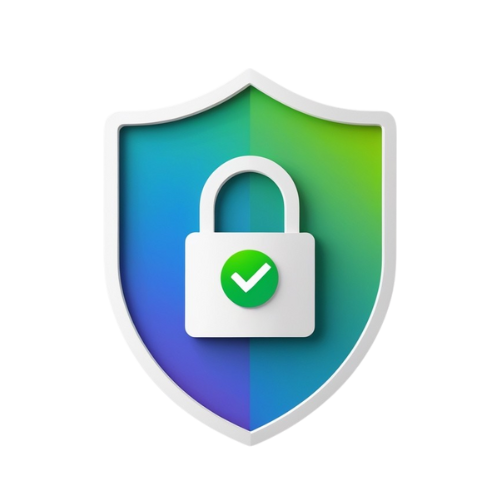Hackers are getting clever, but so is Grandma. Whether you're 18 or 88, these common scams are easier to spot than you think, and we'll show you how. With just a few simple clues, you'll go from clueless clicker to scam busting superhero.
The Real World Wake-Up Call
A "bank" emailed Jane, saying her account was locked. She panicked, clicked the link, entered her info, and boom. Her money went to someone named Vlad in another country. All because she didn't know the signs. And guess what? It wasn't even her real bank.
What's Really Going On?
Cybercriminals don't need to hack into your computer like in the movies. They just need you to click a bad link or trust the wrong text. Once you know their tricks, you can stop them cold. The good news? Most scams follow the same boring script. Let's learn their lines so you can call them out.
5 Scams You'll Now Spot a Mile Away
1. Phishing Emails
They pretend to be from companies you trust, like Amazon or Netflix. But they'll have sketchy grammar, odd sender addresses, and urgent language like "Act now or your account will be deleted." Always go to the official site instead of clicking.
2. Fake Friend Requests
If that "friend" who already added you three times sends another request, it's probably a scam. Scammers clone real accounts to gain your trust. Always message the person first before accepting again.
3. Tech Support Calls
"Microsoft" does not call you to say your computer has a virus. If someone wants remote access to "fix" it, they're likely going to steal your info. Politely hang up and block the number.
4. Too Good To Be True Deals
If you see a $30 iPhone or a luxury purse for $12, run the other way. These fake shopping sites will take your money and vanish. Stick to reputable retailers and check reviews.
5. Romance Scams
They say they love you after three messages. Then come the sob stories. Hospital bills, sudden emergencies, or visa issues. If they haven't met you but are asking for money, it's not love, it's fraud.
How to Outsmart Them:
- Slow down. Scammers rely on urgency. Take a breath.
- Double check URLs and sender info. Look for misspellings.
- Don't click suspicious links. When in doubt, type the site URL yourself.
- Enable spam filters. Most email services can catch these with the right settings.
- Talk it out. If something feels off, ask a friend or family member.
Grandma's Golden Rules for All of Us:
- Never give personal info to someone who contacted you first.
- If it sounds weird or too perfect, it probably is.
- Your bank will never ask for your PIN over email.
- Love doesn't require a wire transfer.
Bottom Line
Scams rely on panic and fast decisions. Breathe. Pause. And double check. If it's legit, it'll still be there tomorrow. Trust your gut, not the pop-up window.
Ready to Outsmart the Scammers?
Print out our Scam Spotting Checklist and share it with someone you care about. Yes, even Grandma. Stick it on the fridge.
Download Free Checklist Share with Family